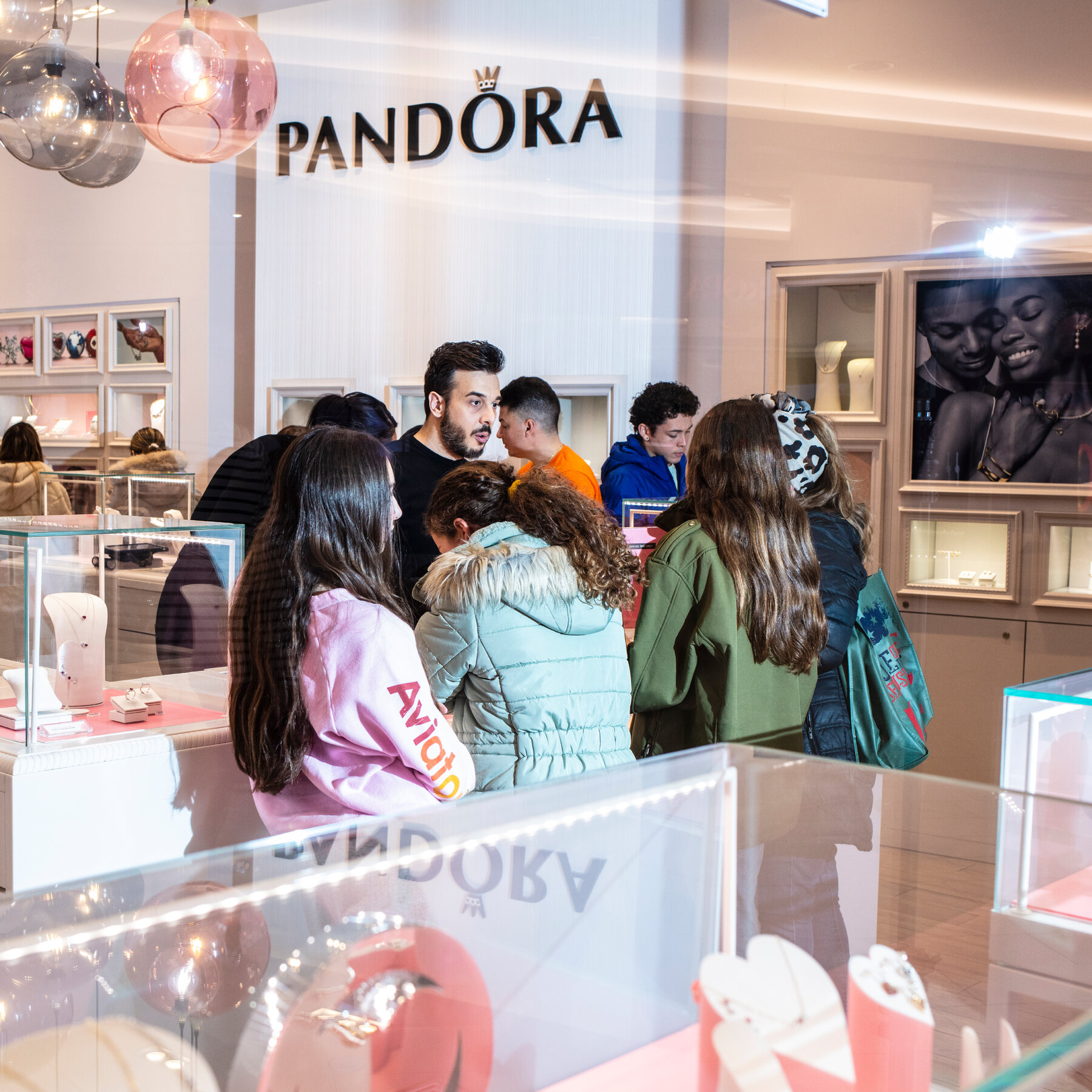Pandora, the world’s largest jewelry company, is based in Denmark and has nearly 500 stores in the United States, more than in any of its other key markets. But in some ways, its real home is Thailand, where the company has been making its products for nearly four decades.
Like many global corporations, Pandora has used a continent-crossing supply chain to sell its goods worldwide at a low cost. But last month, that supply chain became a grave weakness when President Trump said he would impose 36 percent tariffs on goods entering the United States from Thailand, alongside steep tariffs on dozens of other countries.
After Mr. Trump unveiled his “reciprocal” tariffs, Pandora’s shares were among the worst performing in Europe. A week later, Mr. Trump postponed those tariffs until early July, offering a reprieve.
But the threat looms, and Alexander Lacik, the chief executive of Pandora, is not expecting the uncertainty that is paralyzing businesses to end. Unless tariffs return to previous levels, the next year will be turbulent, he said in an interview. For now, he added, there is little to do but wait to see how investors, customers and competitors react.
“With the information at hand today, I would be crazy to make big strategic decisions,” Mr. Lacik said.




